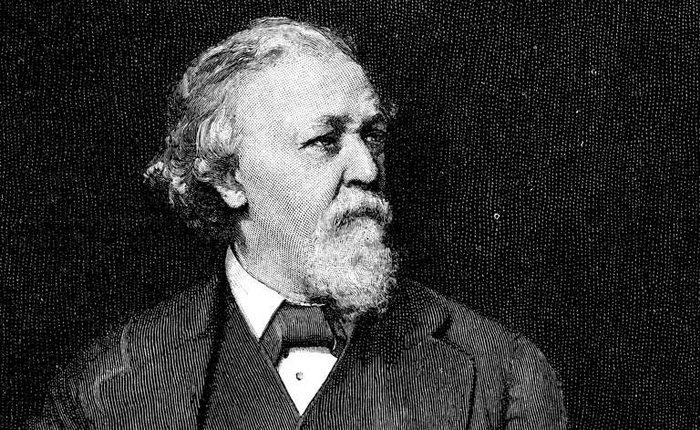Robert Browning has made the effective use of dramatic monologue. Through dramatic monologue the poet has revealed the motives of human behavior. The dramatic monologue is essentially a narrative spoken by a single character. The central character speaks alone. One or more than one listener listens to him. But the listener does not take part in the conversation. The listener only shows bodily reactions. The speaker speaks of his own life history – past, present and future.
0 (0 ratings)
You must sign in to vote


 $3/month
$3/month